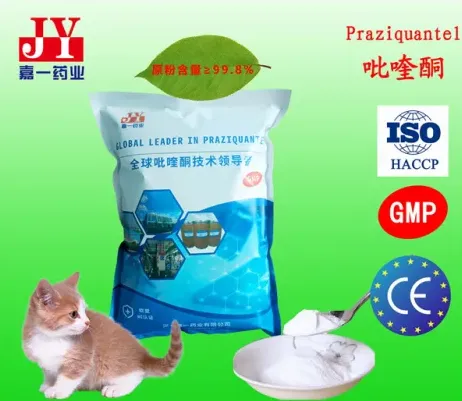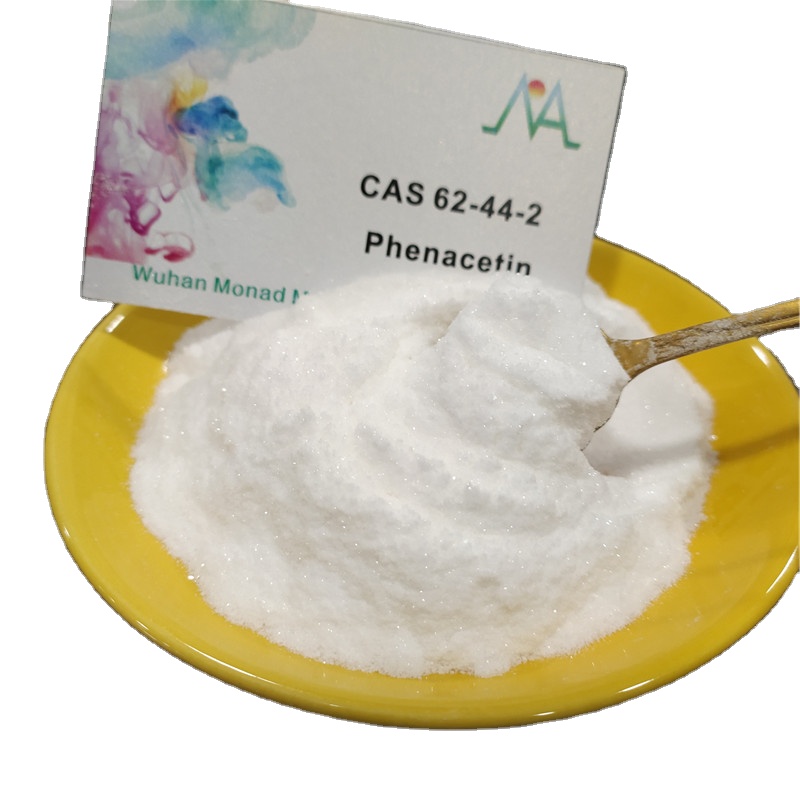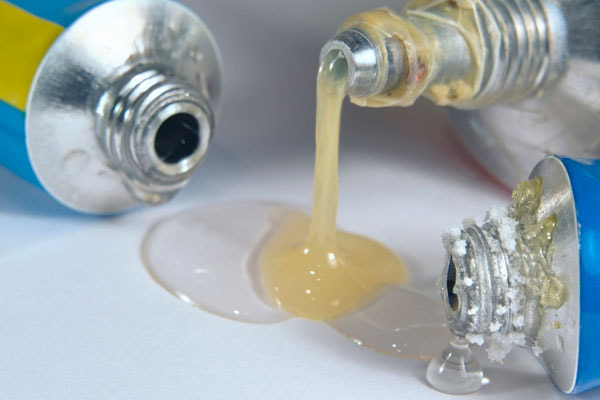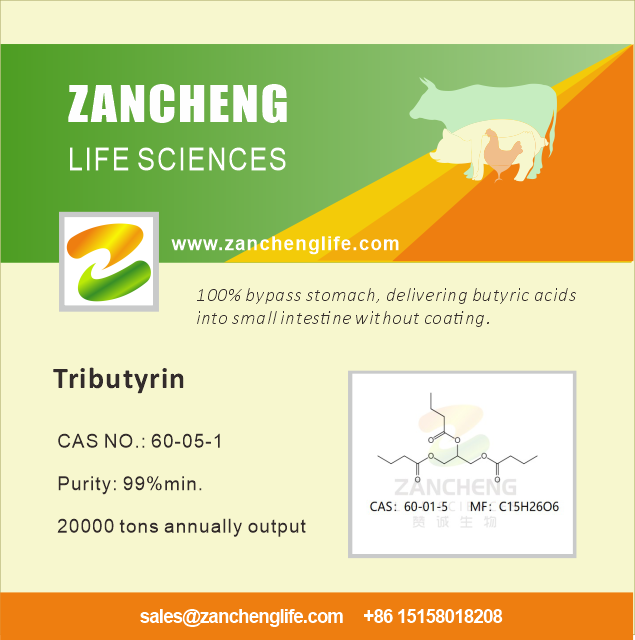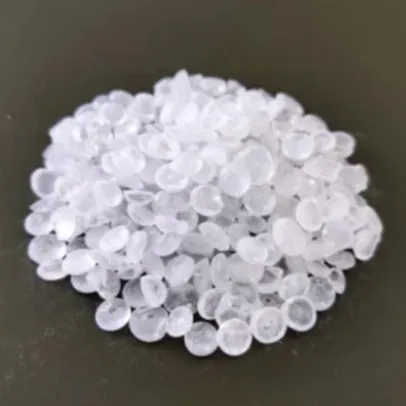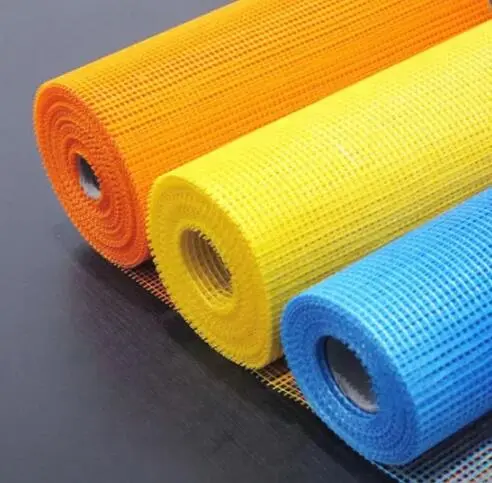What chemicals are used in water treatment?
Water treatment relies on a variety of chemicals to cleanse and sanitize water, ensuring its safety for human use and consumption. Here are several common chemicals utilized in water treatment processes:
Chlorine: Among the most prevalent disinfectants, chlorine effectively eradicates bacteria, viruses, and other harmful microorganisms present in water.
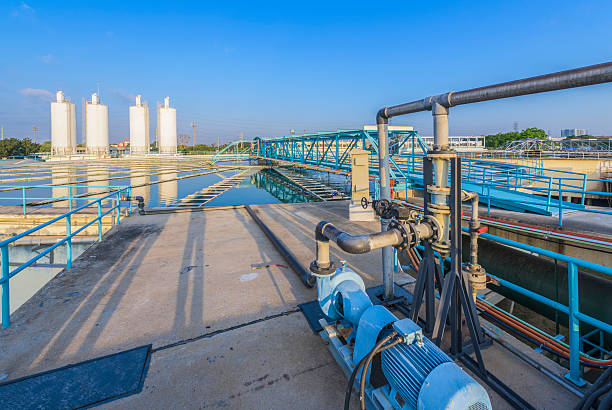
Chloramine: Combining chlorine and ammonia, chloramine serves as a disinfectant with longer-lasting effects compared to chlorine alone.
Aluminum sulfate (Alum): Alum acts as a coagulant, aiding in the removal of suspended particles and impurities by causing them to clump together for easier filtration.
Ferric chloride and ferric sulfate: These coagulants assist in eliminating suspended particles and impurities in water.
Activated carbon: Employed for the removal of organic contaminants, taste, and odor compounds, activated carbon adsorbs these impurities onto its surface.
Lime: Often in the form of calcium hydroxide, lime adjusts water pH and softens hard water by precipitating calcium and magnesium ions.
Additional resources:What is thymol crystals?
What are the advantages of using hot melt glue?
Hydroxyethyl Cellulose (HEC): A Versatile Wonder in Modern Industry
what is dexpanthenol?
Are Biodegradable Plastic Bags the Solution to Environmental Concerns?
What is The Difference Between Caustic Soda Pearls and Caustic Soda Flakes?
What is zinc sulfate monohydrate used for?
Sodium hydroxide (Caustic soda): Sodium hydroxide regulates water pH and eliminates metals and impurities through precipitation.
Ozone: A potent oxidizing agent, ozone disinfects water by effectively destroying bacteria, viruses, and organic contaminants.
Polymer flocculants: These substances aid in the flocculation process, causing small particles to clump together for easier removal through sedimentation or filtration.
Sodium hypochlorite: Similar to chlorine, sodium hypochlorite serves as a disinfectant, effectively eliminating bacteria and pathogens from water.
These chemicals are vital components of water treatment, with specific selections and processes tailored to the quality of the source water, treatment objectives, and regulatory standards.
How is Copper Sulphate Used on Plants?
11 things you should know about Acrylic Emulsion
Introduction to CAS 2381089-83-2 LY3437943 Wholesale high purity
Which chemical is added to accelerate the setting of cement?
Unraveling the Applications and Significance of C3F6 Industrial Gas
Revolutionizing Cancer Treatment: Unveiling the Promising Applications of PROTACs
Is liquid adhesive strong?



